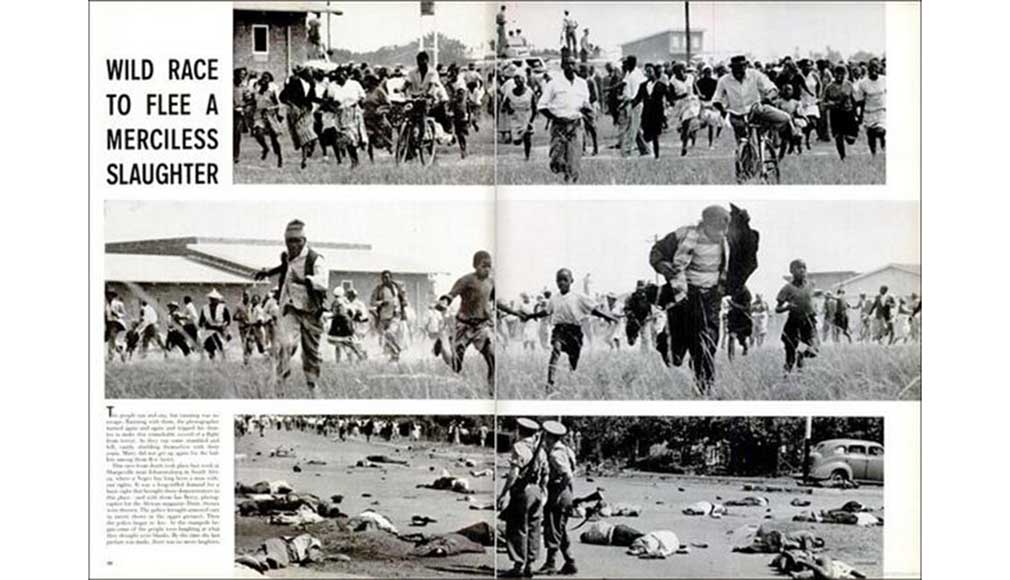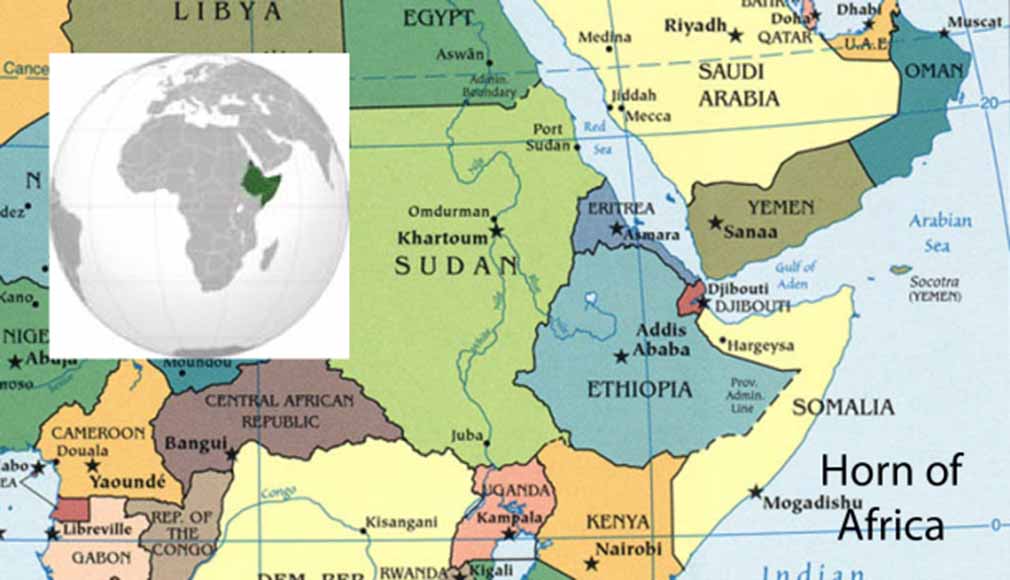The Egyptian Proxy War With Ethiopia: Why Are Some of Our People Helping Them Win?
- Category: Viewpoint
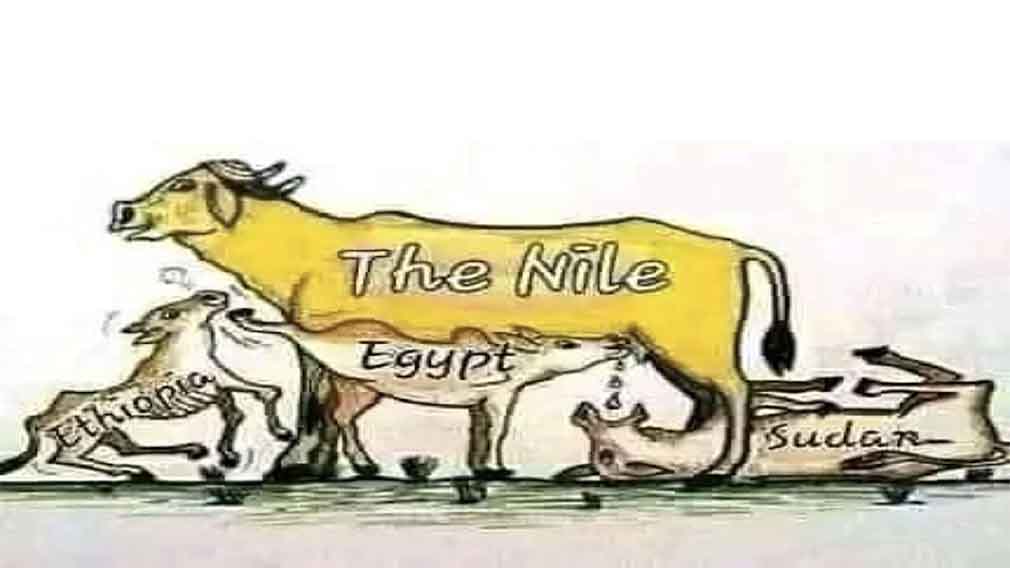
Part II article that focus on external forces that exert an influence on deteriorating conditions in Ethiopia.
By Obang Metho
A compromise to Egypt’s water share is a red line, and our response [if our water share is affected] will affect the stability of the whole region, ... (A recent comment made by Egyptian President Abdul Fattah al-Sisi)
Some Ethiopians seem to be on the wrong side of an Egyptian proxy war against their own country. As ethnic-based killing and violence explodes in Ethiopia, the country has become a place where gruesome crimes against other human beings are committed with little remorse or accountability. It could trigger more massive killings, even genocide.
Read more ...








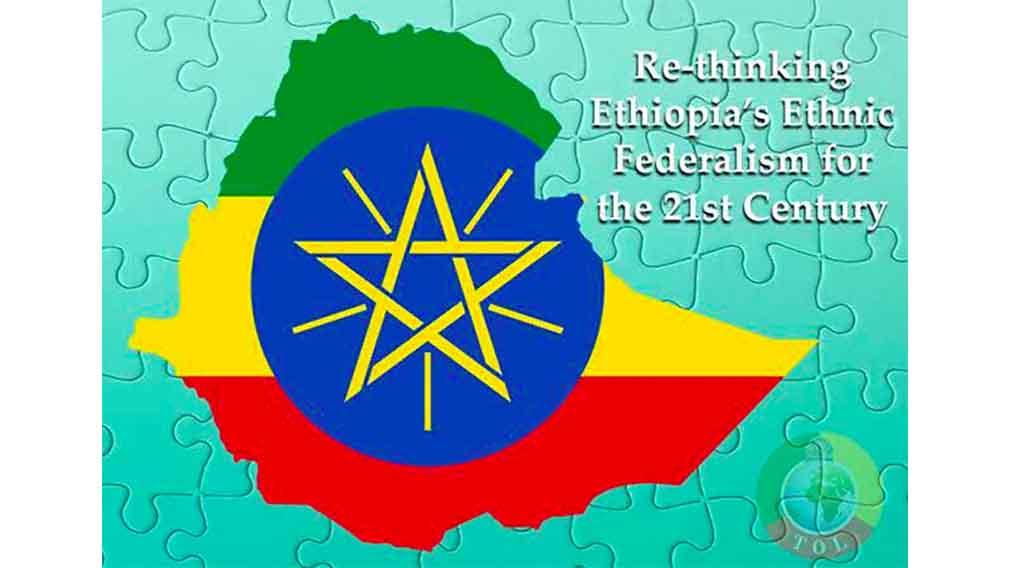

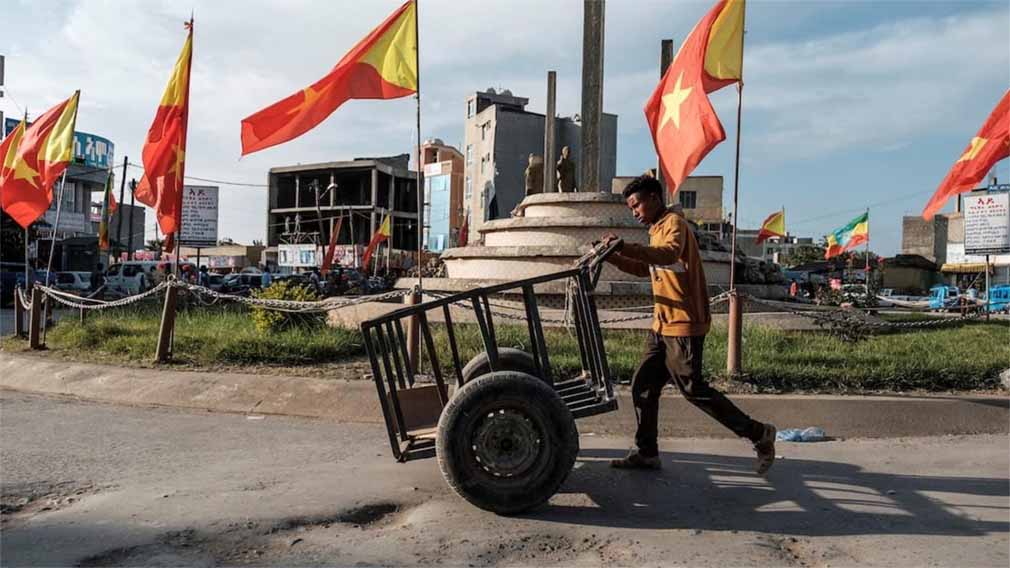
![A picture of the 2019 Nobel Peace Prize Laureate, Ethiopian Prime Minister Abiy Ahmed, is displayed at the Nobel Peace Center in Oslo, Norway, October 11, 2019 [Reuters] A picture of the 2019 Nobel Peace Prize Laureate, Ethiopian Prime Minister Abiy Ahmed](/images/doc/images/articles/2019/191014-2019-nobel-peace-prize-laureate-abiy-ahmed.jpg)

